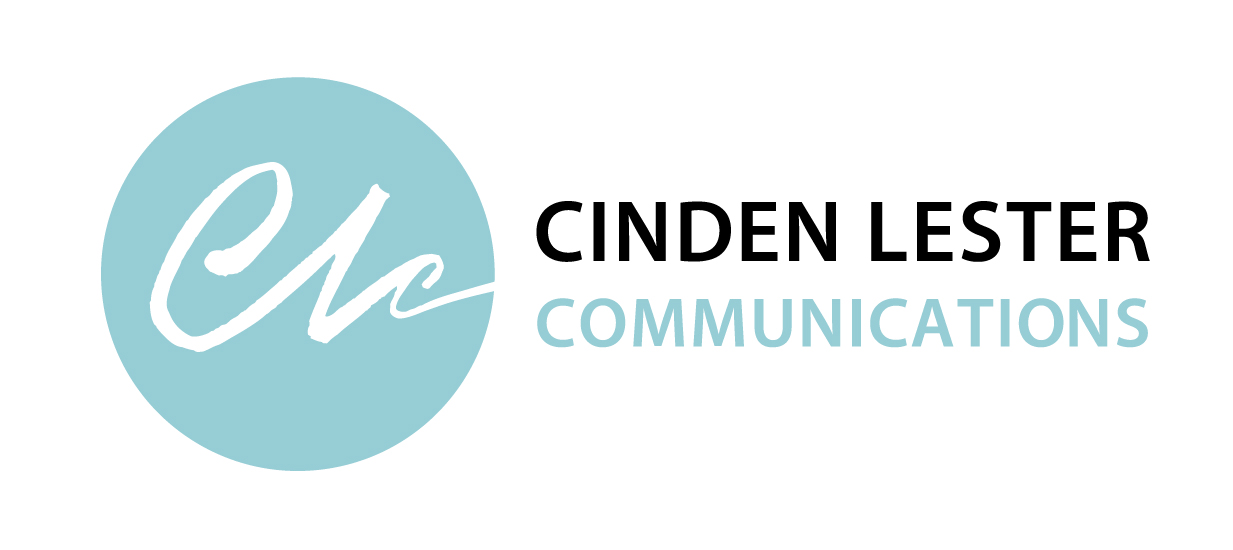 We’ve come a long way since the era of tin can telephony. These days we have a multitude of sophisticated communication channels and approaches to chose from. We also have many options for measuring success.
We’ve come a long way since the era of tin can telephony. These days we have a multitude of sophisticated communication channels and approaches to chose from. We also have many options for measuring success.
But do most organisations really understand the value of communication?
I was at an industry function recently when the speaker questioned communications professionals who add the word ‘strategic’ to their titles because, really, all communication should be strategic.
Can’t argue with that.
Well-planned communications activities are critical for organisations to achieve their goals. This is true whether your organisation manages projects, delivers programs, develops policies, provides services or sells products.
And it’s the communications professionals in those organisations who are responsible for supporting strategic positioning and ensuring effective communication with external and internal stakeholders.
So, it’s ironic that communications professionals are often less effective at communicating their own value to their organisation.
When working in-house, I had plenty of discussions about why ‘comms’ should have a seat at the table and the benefits of involving us early and often. Convincing decision-makers and bean-counters of the value of the communication function can seem like a constant challenge.
So it’s interesting (in an eye-rolling sort of way) how communication so quickly and sharply comes into focus when things go pear-shaped.
For example:
- Census night—Better communication would definitely have helped, but is it really fair to say that almost all the mistakes were down to poor communication?
- Personal management styles—I’ve helped run focus groups about internal communication where workload, management style, performance management processes and a host of other HR factors dominated the conversation.
- Risk planning—Have you come across those risk management plans that nominate ‘communication’ as the sole solution to mitigate significant risks?
- Crisis management—I’ve watched comms teams repeatedly warn about the oncoming train only to be expected to ‘fix it’ after the inevitable crash.
- Change management—Yes, clear and consistent communication is essential. But it has to be based on honesty and a genuine two-way process so staff have the chance to provide feedback, ask questions, feel listened to, and become engaged in the process.
- Reputation management—All the planning in the world doesn’t help if key players go off script.
So, what do you think? Is communication seen as a band-aid, cure-all or scapegoat in your organisation? Or is it a valued business tool that helps your organisation achieve its goals?
| Cinden Lester has more than 25 years’ experience as a professional writer, editor and communications specialist. She worked as a broadcast journalist, in private sector marketing and public relations, and in government communications before establishing her own Canberra-based communications consultancy in 2000.
Contact Cinden if you’d like help with your communications. |


Indeed and alas. I was so pleased to see someone speak up about this. Thank you. I feel a slight sense of validation.
To answer your question about whether communications is seen as a band-aid, cure-all or scapegoat, I say yes! My organization has gone so far as to revise the English language to replace all words generally associated with sound planning and functional work into “communications” which translates to “We are either incapable or unwilling to put in to words, pictures or guestures what we want, how we propose to get there or how we will measure success.”
Further, I do believe that we are valued, as long as we don’t attempt to take credit for unraveling, correcting and then articulating a plan that we generated and then are held accountable for. This, of course, is provided that we have the courage and nerve to overstep our boundaries and become subject matter experts for the given subject at lightning speed and are successful as a result.
Hi Christina
Yes, working at lightning speed is a skill required by many communications professionals. Like doing policy work, only at warp speed: consult, research, analyse, conceptualise and write … by tomorrow!
Thanks for reading and all the best demonstrating the value of communication in your organisation.
Cinden